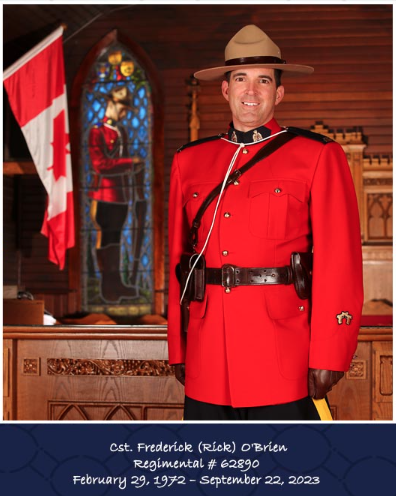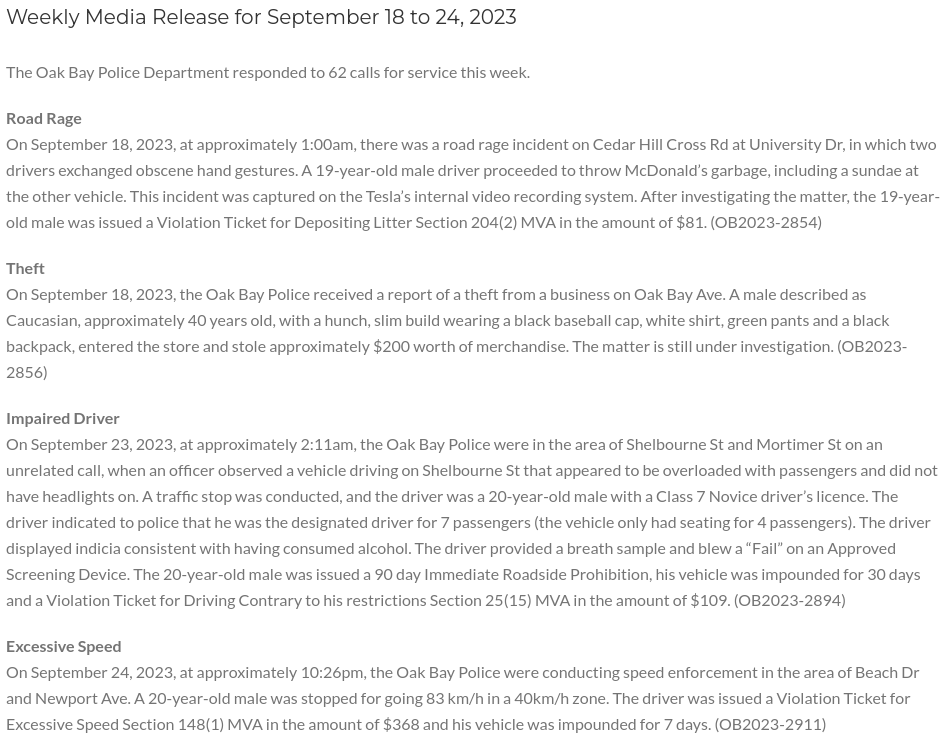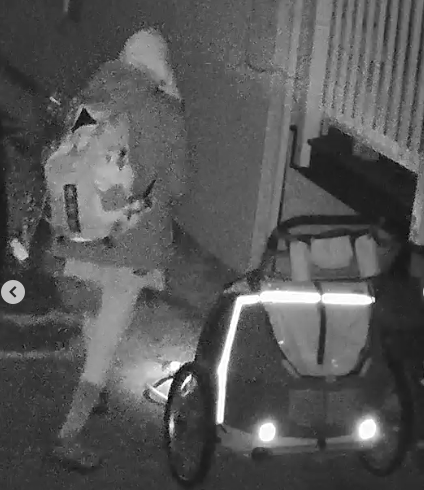Editorial: Parole board must be accountable to the public
So if public safety is the “paramount consideration,” why was this man released?

In January, Kenneth MacKay was granted early parole. In July, the Parole Board of Canada extended his day parole for another six months.
A convicted murderer out on parole, Kenneth MacKay, was arrested this month in Victoria after a report that he was stalking a young woman.
In December 2000, MacKay killed 21-year-old Crystal Paskemin in Saskatoon. The details of the murder are grim.
MacKay offered the young aboriginal woman a ride home, sexually assaulted her in his truck, broke her jaw with his fist, then drove his truck over her head, crushing it.
After setting her naked body on fire, MacKay dragged it behind his truck, then buried the remains in a shallow grave.
In 2002, MacKay was found guilty of first-degree murder, and given the required minimum sentence of 25 years without parole.
How did it happen that a man sentenced to 25 years without parole was given parole?
A more troubling question is why MacKay was considered a suitable candidate, and why he was released with such unseemly haste. MacKay was paroled in January 2023, the first moment he became eligible.
When asked, Lisa Saether, regional manager for the Parole Board of Canada, said this, “When making its decision, the board conducts a thorough risk assessment to determine whether the offender’s risk remains manageable in the community. Public safety is the paramount consideration in all PBC decisions.”
But how can that be? A psychologist warned the board that MacKay was a high risk for violent re-offending. The Correctional Service of Canada advised against his release on the same grounds.
His institutional parole officer reported that MacKay was unable to take “no” for an answer, and that he harboured anger toward women when he killed Paskemin.
The Federation of Sovereign Indigenous Nations spoke out against his parole.
So if public safety is the “paramount consideration,” why was this man released?
We cannot have parole officers acting as a law unto themselves. Specifically, when decisions are made that are inconsistent with the board’s own policy, as this decision was, some form of recourse is required.
And indeed the means exist to hold the board accountable.
Like any government agency, the board exists by leave of the public. With people increasingly worried about the growing tide of violence in our cities, this is the paramount fact that should guide decisions.
While there may, on rare occasions, be an exception, Kenneth MacKay was not one of them.






















